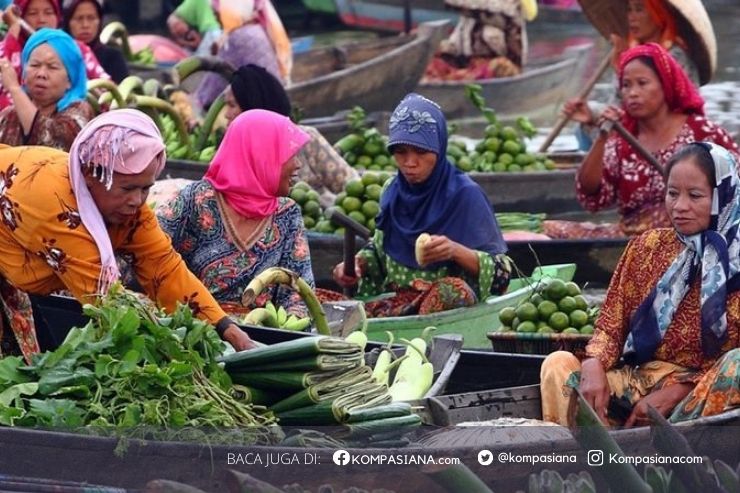While for research on the role of government regulators we need to study directly to the Amil Zakat National Institution center (BAZNAS) and together create comprehensive study the laws that have been made related to zakat, infaq and sadaqa, get a picture of the effectiveness of the law and their function as a regulator. then is there any advocacy they provide to the community., education has been given to people who are not aware of their obligations to pay zakat, infaq and sadaqa.
Social functions, social problems caused by multidimensional problems that originated from the problem of economic inequality due to policy mistakes taken by stakeholders, welfare inequality is so real, the gap between the poor and the rich is so deep that it gives birth to social cases in society.
Economic function, not just a charitable distribution of aid to the poor so that they can produce their own needs with capital provided by programs that are economic and skill-based to produce are at the core of activities.
The advocacy or defense function. This section becomes very important because it functions to intervene the problem of poverty and its social impact using a regulatory approach.
In Conclusion, with a strong synergy it is expected that the benefits felt by all parties and the alleviation of the poor and low income can be optimized in the future.
Lessons from History
Historically, zakat has proven to be an effective solution to overcome social problems, including poverty. During the reign of Umar bin Abdul Aziz, zakat was managed very well. This caliph was known as a leader who cared deeply about the welfare of society. He implemented a system that allowed everyone in need to get their rights from zakat.
Umar bin Abdul Aziz conducted accurate data collection to find out who was entitled to receive zakat. In this system, there were no more people begging on the streets, because all their needs had been met through zakat. In historical records, during his reign, not a single poor person was eligible to receive zakat. This shows how important effective zakat management is to eradicate poverty.
Zakat in the past also showed that if managed properly, zakat can be used to finance education, health, and infrastructure, thus creating a prosperous society. The resources collected from zakat can encourage more equitable social and economic development.
During the golden age of Islam, zakat management was not only limited to basic needs, but was also used to establish educational institutions and health facilities. This reflects that zakat can play a role in building a society that is not only free from poverty, but also develops socially and economically.
Invitation to Pay Zakat







